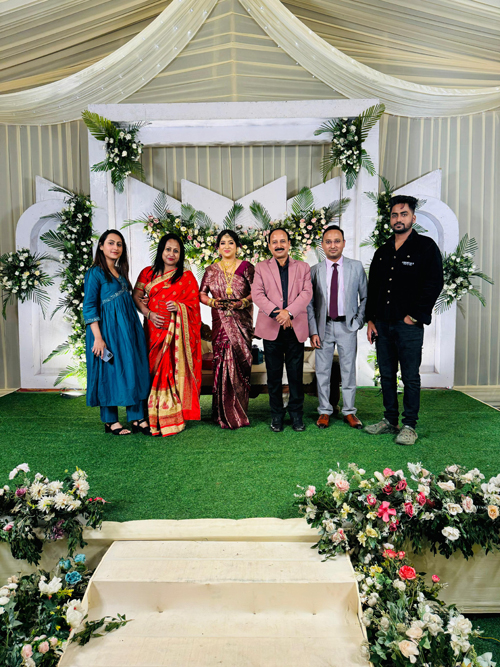

Growing up in India, I often saw our domestic help or less affluent relatives approach my family for financial aid to fund their children's weddings.
My father, always charitable, would help within his means. Yet, as a child, I often wondered: why organize a grand wedding if finances don't permit? While seeking help for medical emergencies seemed justifiable, asking for contributions to host a wedding party puzzled me.
As I grew older and began to understand the societal fabric of India, I realized the question wasn't as simple as it seemed.
In India, weddings transcend the union of two individuals; they symbolize the coming together of families, communities, and age-old traditions. A wedding is not merely a celebration but a reflection of familial pride and societal expectations. Grand affairs, with music, dance, and lengthy rituals, are seen as a commitment to ensuring a couple's auspicious start to married life.
A major driving force behind such extravagance is perhaps the cultural philosophy of "Atithi Devo Bhava", which signifies treating guests as gods. Under this philosophy, societal expectations often compel families to spend beyond their means, fearing judgment or social stigma for not "measuring up". For many, the wedding's grandeur becomes a symbolic statement of success, leaving little room for financial prudence.
Less is more
Having lived in China for nearly a decade, I've found striking parallels between Indian and Chinese wedding customs. My first experience attending a wedding in southern China left me awestruck. The lavish decorations, multi-day ceremonies, and community celebrations mirrored the opulence of Indian weddings.
However, China has witnessed a significant cultural shift in recent years. Many young couples are now opting for minimalist weddings focused on meaningful experiences. For instance, some forego elaborate receptions in favor of intimate gatherings or choose symbolic photo shoots in natural settings.
This trend aligns with younger generations' aspirations for authenticity and sustainability. It also reflects evolving societal values, economic realities, and the government's advocacy for frugality and simplicity.
A notable example is Zhejiang province's initiative to reduce wedding costs by encouraging smaller guest lists and discouraging extravagant dowries. This effort aims to curb outdated customs and alleviate the financial burdens associated with traditional wedding practices.
Critics may argue that minimalism undermines cultural heritage. However, traditions thrive when they adapt to societal needs. Simplifying weddings doesn't mean discarding rituals; it means preserving their essence in ways that resonate with modern realities.
By focusing on love, family unity, and community connection — values central to traditional weddings — minimalist celebrations strike a balance between honoring the past and addressing present challenges.